Framing a Filipino-American Mestizo Identity (being but not feeling Filipino American), Part 3
By John Calloway
John’s Lolo and Lola and their 14 children, 1927.
In the 1990s, I was asked by the musicians of Kulintang Arts to join their ensemble. I had never worked or really participated in any specific Filipino musical or cultural art form or organization until then, and it turned out to be engaging, and familiar and foreign all at the same time. The familiarity was being with a collective of mostly Filipinos, which brought me back to my home space, and family and childhood memories and sounds, but it also had been a long while since I had been involved in any aspect of Filipino culture or social grouping and was new to the musical practices of Pilipino tribal music. Suffice to say that both culturally and socially, what was familiar was foreign at the same time.
John with the members of Kulintang Arts Ensemble: Joey Maliga, Frank Holder, Marcella Pabros-Clark, and Danongan Kalanduyan.
When my artistic career started to develop as a Latin jazz artist in the mid -1990s I drifted away once more from seeking an understanding and closeness to my ethnic heritage and my racial identity. As my dad and other elders began to transition during this time, I made efforts to put some of what I learned about traditional and tribal music into my recordings, including the gandingan, agung and kubing, but I did not get closer socially to the cultural things I wished to have identity with. In the last 10 years, information has come to light through several publications about my African American grandfather and his humanitarian statements and actions during the Philippine -American war. As a soldier he called out both publicly and privately, American injustices to the native peoples, and was unjustly forced out of the army because of it. His story piqued my interest in delving more into my family history from my father's as well as my mother's side, and again begin working to come to terms with my multi-racial/multi-ethnic background. My current musical arts project in development is about my African American grandfather (his story as well as other African American stories), their placement and positionality during the war, and of those who stayed in the Philippines after their service was done, including the lives of their mesitzo offspring.
“Perhaps at times I was too hard on myself as I believe that most of my extended Filipino mestizo family doesn’t question identity and belonging as I do.”
In my final reflections here, I realize now that coming to terms with my mixed race, second generation, Filipino American identity has been too much an external search where I was seeking approval and recognition; thus, the battle really has always been within me. Perhaps at times I was too hard on myself as I believe that most of my extended Filipino mestizo family doesn't question identity and belonging as I do. Yet the things I saw externally in them and most other Filipino Americans I could not see in myself: Spanish-sounding last name, darker complexion, and even a rudimentary usage of Pilipino (not that I have not tried over the years). All those became obstacles that hindered my self-acceptance as well as kept me from doing the social and cultural work to cultivate both my Filipino and African American heritage.
I look forward both personally and artistically to discovering, developing and nurturing my ancestors' legacies and traditions that have been gifted to me.
John Calloway is a multi-instrumentalist, composer and arranger who has over 40 years of experience as a professional musician. He has performed with renowned jazz artists Israel Cachao Lopez, Max Roach, and Omar Sosa. In the San Francisco Bay Area, John has built a solid foundation as a as a performer/arranger leading his own ensembles and projects as well as collaborations with John Santos, Marcus Shelby, Wayne Wallace and many others.
His recording credits as a performer and composer include his two CD projects, Diaspora and The Code, and longtime collaborations with John Santos, Jesus Diaz, and Omar Sosa. Included in his recording and writing credits are the Grammy nominations given to “SF Bay” (2003) with the Machete Ensemble, and Ritmo y Candela (1996) and Ritmo y Candela II (1998), produced by Greg Landau and featuring Cuban percussionists Changuito, Patato, and Orestes Vilato.
As an educator, John currently teaches jazz theory, Afro-Cuban and Latin American music in the School of Music at San Francisco State University. He also teaches social science and humanities courses with a concentration Latinx and Afro-Latinx cultures in the College of Ethnic Studies.
John holds a B.A. in music from the City University of New York, an M.A. in music education from San Francisco State University and a Doctorate in Education from the University of San Francisco.



